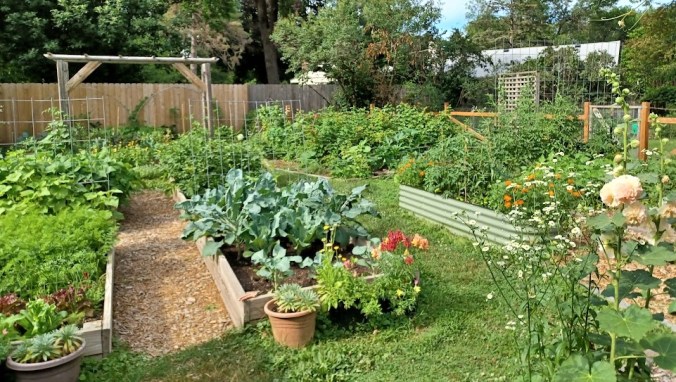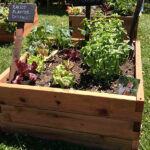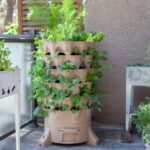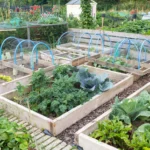In today’s fast-paced world, achieving self reliance on a small budget might seem like a daunting task. However, with the right strategies, anyone can build a sustainable lifestyle without breaking the bank. This guide will help you understand how to become more self-sufficient while keeping your expenses in check.

Understanding Self Reliance
Self reliance means relying on your own resources and abilities to meet your needs. It involves developing skills and habits that reduce dependency on external sources. This concept is particularly appealing to those who yearn for a more independent lifestyle.
Setting a Realistic Budget
Creating a budget is the first step toward self reliance. Identify your essential expenses and areas where you can cut costs. Tools like budgeting apps can help track your spending and savings effectively.
Identifying Essential Expenses
List out your monthly expenses and categorize them into essentials and non-essentials. Focus on reducing costs in non-essential areas while maintaining the quality of your life.
Utilizing Budgeting Tools
There are numerous budgeting tools available online that can help you manage your finances better. These tools provide insights into your spending habits and offer suggestions for improvement.
Embracing Frugal Living
Frugal living is key to achieving self reliance on a small budget. It involves making conscious decisions to spend less and save more.
Adopting a Minimalist Lifestyle
Minimalism is about simplifying your life by owning fewer possessions. This approach not only saves money but also reduces stress and clutter.
DIY Projects
Engaging in DIY projects can significantly cut costs. From furniture to home decor, creating your own items can be both rewarding and economical.
Growing Your Own Food
One of the best ways to achieve self reliance is by growing your own food. This not only reduces grocery bills but also ensures a fresh and healthy diet.
Starting a Vegetable Garden
Even with limited space, you can start a vegetable garden. Use containers or small plots to grow vegetables and herbs that your family regularly consumes.
Preserving and Canning
Preserve your harvest by canning and storing food for the off-season. This practice ensures you have a steady supply of food throughout the year.
Reducing Waste
Adopting a zero-waste lifestyle is another step toward self reliance. It involves minimizing waste generation and maximizing resource use.
Composting
Turn kitchen scraps into nutrient-rich compost for your garden. Composting reduces waste and enhances soil quality.
Recycling and Reusing
Find creative ways to recycle and reuse items in your home. This practice not only saves money but also benefits the environment.
Learning New Skills
Acquiring new skills is crucial for self reliance. It empowers you to handle tasks that you would otherwise pay someone else to do.
Basic Home Repairs
Learn how to perform basic home repairs. This knowledge can save you a significant amount of money on maintenance and repairs.
Cooking from Scratch
Prepare meals from scratch to save on food costs. Visit here for a simple yogurt recipe that you can try at home.
Finding Support and Resources
Joining communities and seeking resources can provide support and inspiration for your journey toward self reliance.
Online Communities
Join online forums and groups where you can share experiences and gain insights from others who are also pursuing self reliance.
Workshops and Classes
Participate in workshops and classes that teach essential skills for self reliance. These sessions are often affordable and highly informative.
Conclusion
Achieving self reliance on a small budget is entirely possible with the right mindset and strategies. By adopting frugal living practices, growing your own food, reducing waste, and learning new skills, you can create a sustainable and independent lifestyle. Start small, stay committed, and gradually build your way to a more self-reliant future.

FAQs
What is self reliance?
Self reliance is the ability to depend on oneself for needs and decisions, often through skills and self-sufficiency.
How can I start a budget?
Begin by listing your monthly expenses, categorizing them, and using budgeting tools to track and manage your finances.
What are some easy DIY projects?
Consider starting with woodworking projects or simple home decor crafts to save money and personalize your space.






